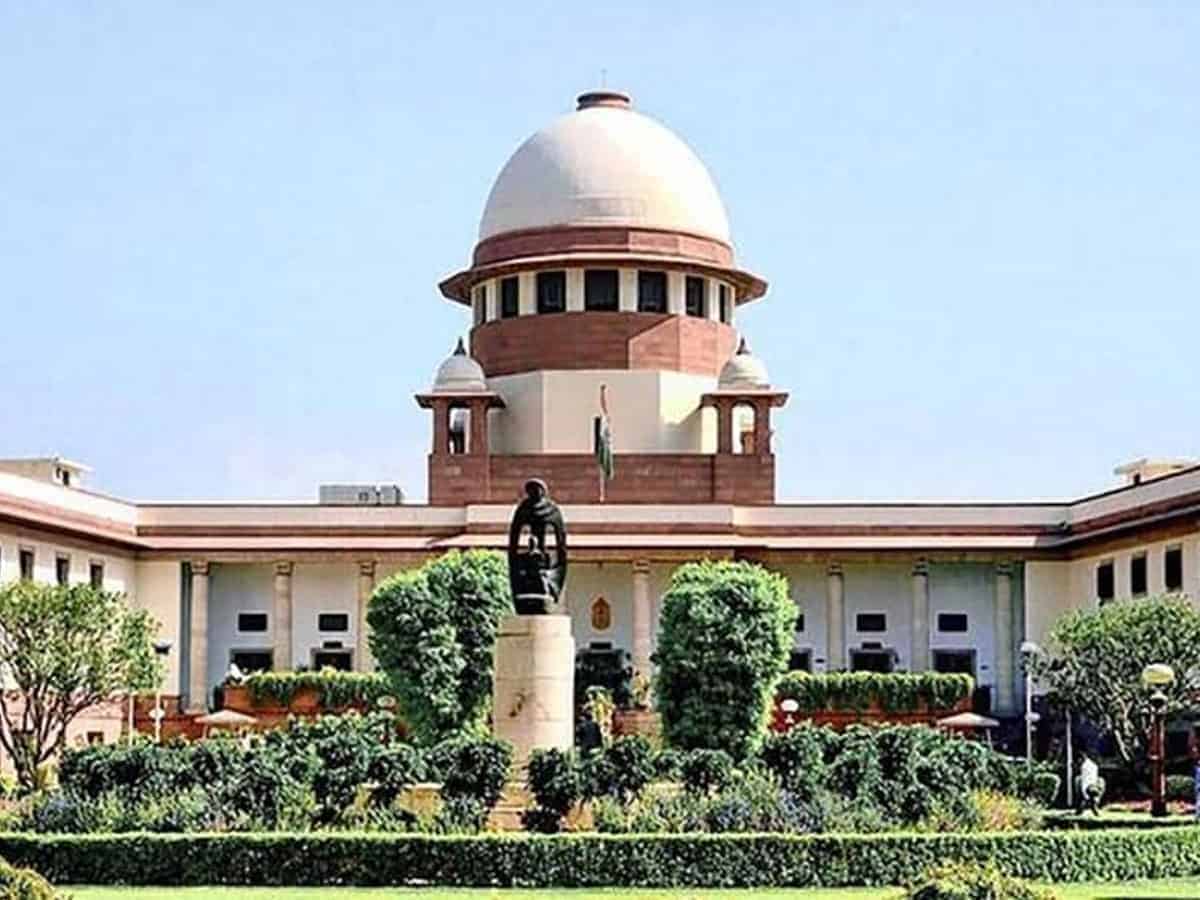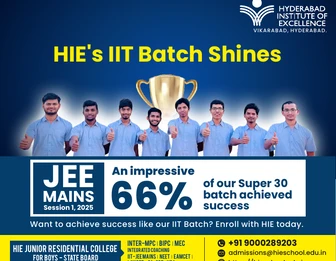
New Delhi: The petitioners demanding marriage equality rights have sought an open court hearing of the review petitions filed against the Supreme Court Constitution Bench’s ruling refusing to grant any legal recognition to same-sex and queer couples.
The matter was mentioned by senior advocate NK Kaul, who appeared on review petitioners’ behalf, before a bench headed by CJI D.Y. Chandrachud, on Tuesday.
The senior counsel said the review pleas coming up for hearing on July 10 should be decided in open court.
At this, CJI Chandrachud said that ordinarily review pleas are decided in chambers and the Constitution Bench, also comprising Justices Sanjiv Khanna, Hima Kohli, BV Nagarathna and PS Narasimha, will decide on the question of open court hearing after going through the contents of the review pleas.
Generally, review petitions are tested on very narrow grounds like mistakes of law, errors apparent on the face of the record, etc, and are often dismissed in chambers and are rarely given open court hearings.
The review petition, filed under Article 137 of the Constitution against the decision rendered on October 17 last year, said that the impugned judgment is “self-contradictory and manifestly unjust”.
The majority judgment is facially erroneous because it finds that the government is violating the petitioners’ fundamental rights through discrimination and yet fails to enjoin the discrimination, it said.
In its verdict delivered on October 17, 2023, a 5-judge bench headed by CJI D.Y. Chandrachud had declined to strike down or read into gender-neutral “person” in place of “male” and “female” existing under the Special Marriage Act.
The top court of the country had left it to the legislature to take a call on enacting the marriage equality law. All five judges of the Constitution Bench had unanimously agreed that there exists no unqualified right to marriage and accepted the Centre’s proposal that a committee to be headed by the Cabinet Secretary will be set up to examine what administrative steps could be taken to address basic social benefit concerns relating to same-sex couples.
However, it had asked the Union and state governments to ensure that the LGBTQ+ community is not discriminated against on the basis of their sexual orientation and queer individuals are not refused access to any goods or services.


